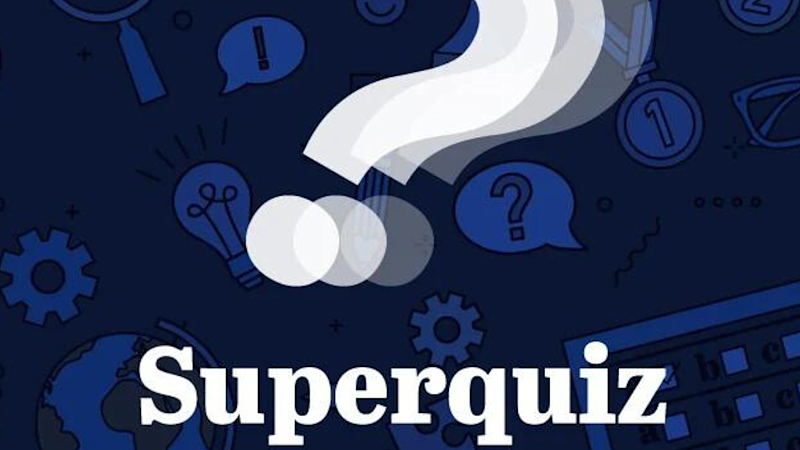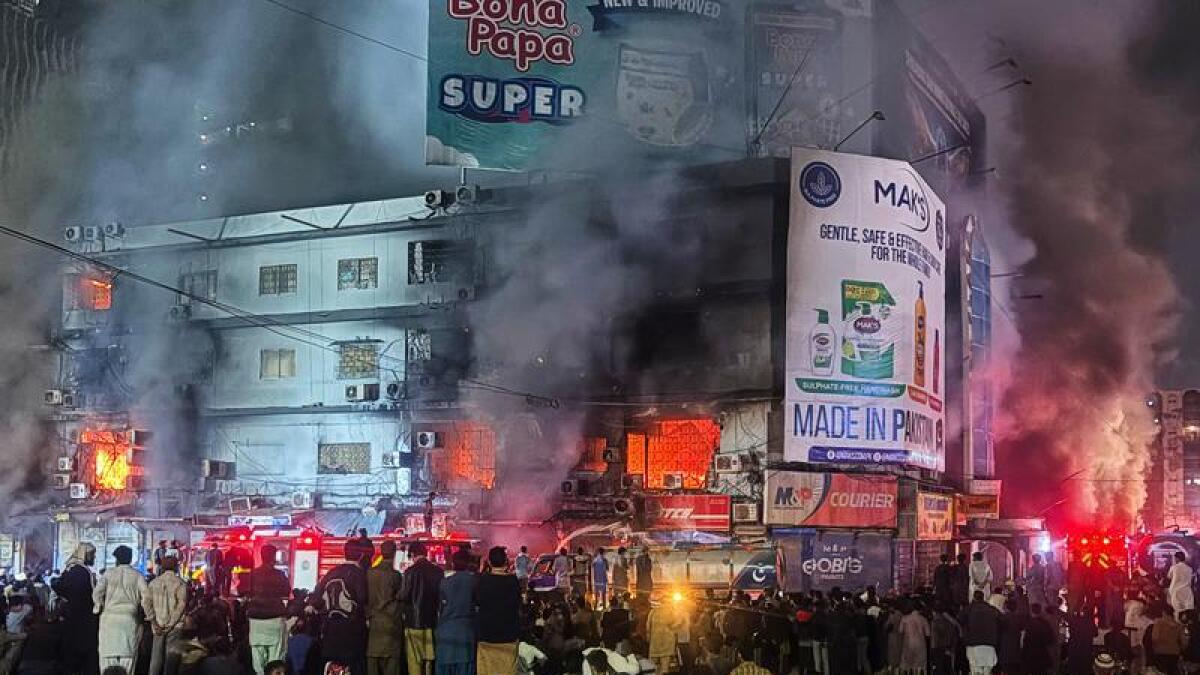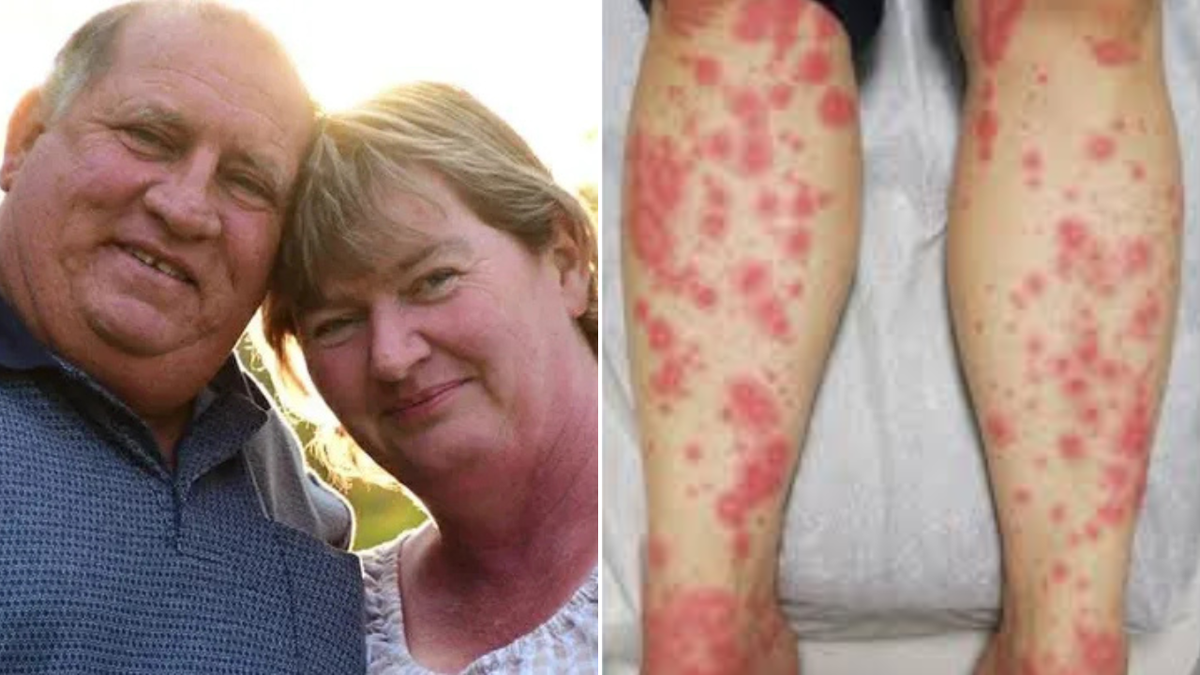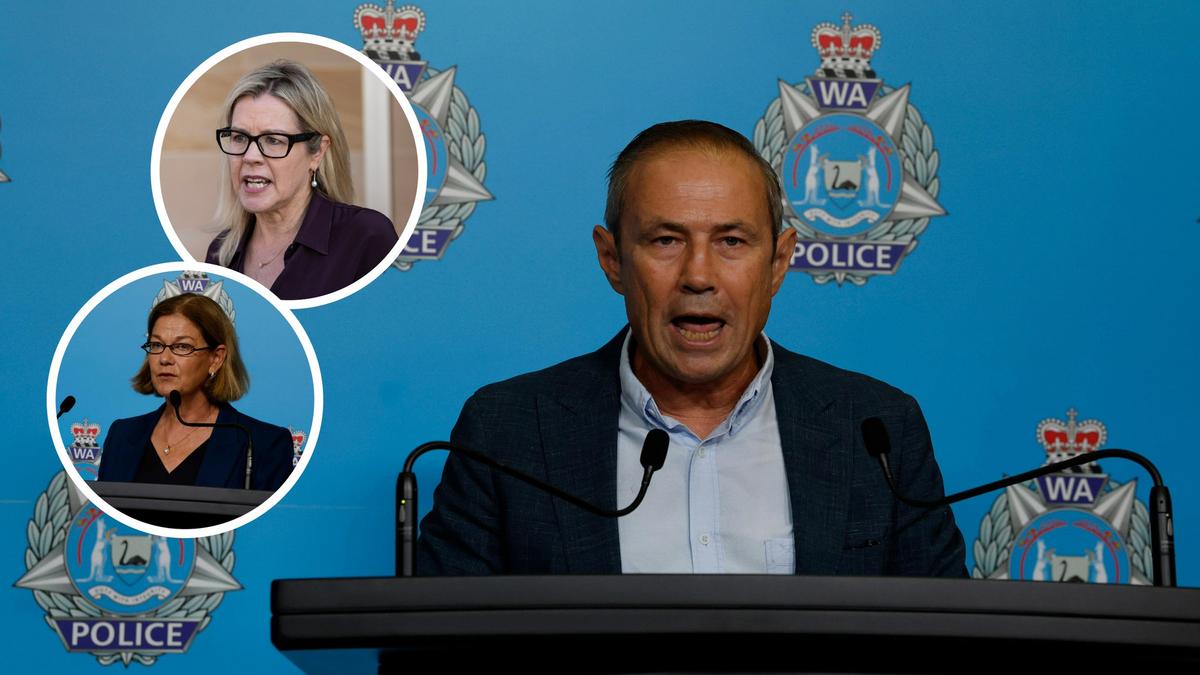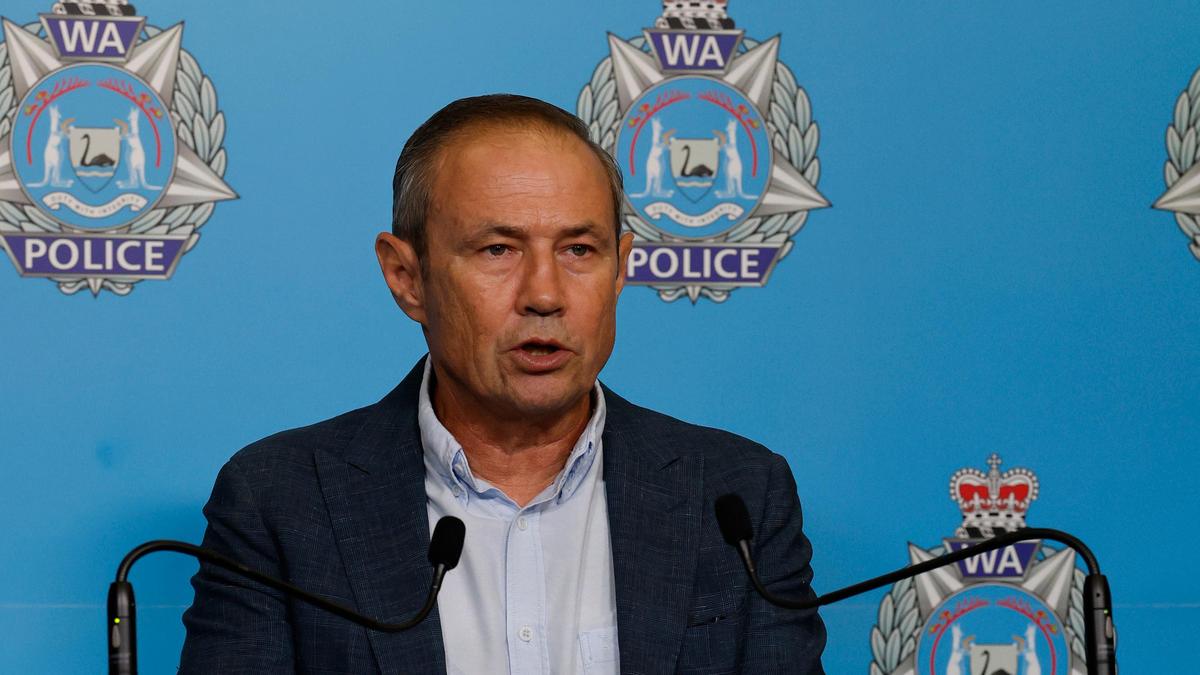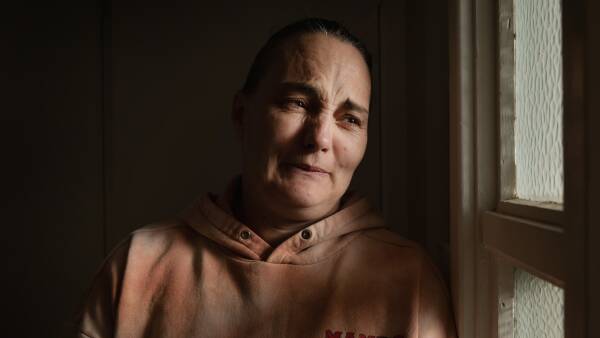
Jody Croft, a 42-year-old mother from Cameron Park, Australia, has been suffering from debilitating insomnia since contracting COVID-19 seven months ago. Despite her initial symptoms being mild, Croft says her condition has since deteriorated, leaving her unable to sleep and feeling increasingly unwell.
“I can’t sleep at all. I’m scared,” Croft shared. She has tried various treatments, including sleeping tablets and medicinal cannabis, but nothing has worked. “It’s like I’m dying,” she added, describing her struggle to manage daily life. Croft has three children and feels that her condition has rendered her unable to fulfill her responsibilities as a mother.
Medical Journey and Ongoing Struggles
Initially experiencing body shakes, Croft sought medical help when her lack of sleep became severe. Blood tests revealed she had neutrophilia, prompting further investigation. She was eventually diagnosed with COVID-19 after visiting the hospital.
Since then, Croft has faced ongoing challenges. “I can’t think straight. I’m confused and having hallucinations. Every day it’s getting worse,” she said, expressing her frustration at not being able to take care of her home or engage with her children. “I can’t drive and haven’t been to the shops for five months.” She has visited several hospitals, including John Hunter Hospital, and has been told that her symptoms may be related to a mental health condition, specifically factitious disorder, which is characterized by exaggerating symptoms.
Despite this diagnosis, Croft insists she is not fabricating her illness. “I’m sick. I think it’s my brain,” she said. Her medical records noted “insomnia and factitious disorder,” which has compounded her distress.
Long COVID and Sleep Disorders
The impact of long COVID on sleep has been recognized by health professionals. According to the NSW Agency for Clinical Innovation, long COVID can lead to a range of symptoms, including sleep disorders, cognitive impairment, and memory loss. Dr. Gemma Paech, a sleep specialist at the University of Newcastle, has previously discussed a condition referred to as “coronasomnia,” reflecting the struggles many face post-infection.
Professor Peter Wark, who has researched long COVID, noted that while insomnia is common among those with long COVID, the severity of cases has diminished with newer variants of the virus. “There’s no doubt about that,” he stated, adding that fewer people are experiencing long COVID symptoms compared to earlier in the pandemic.
Croft’s recent visit to John Hunter Hospital resulted in her being scheduled for appointments with a neurologist and sleep specialist in two weeks. She finds this wait unacceptable, expressing a desire for immediate hospitalization to monitor her condition. “I want to know what’s going on with me,” she said, clearly frustrated with the pace of her care.
A spokesperson for Hunter New England Health explained that the decision to admit a patient is based on clinical needs. “In most cases, people experiencing lingering after-effects of COVID-19 are managed in primary and community care settings,” the spokesperson stated. They emphasized the importance of using emergency services for critical conditions rather than ongoing symptoms.
Croft’s experience highlights the complex challenges faced by many recovering from COVID-19. As she navigates this difficult journey, the need for timely and effective medical intervention remains crucial for her recovery and quality of life.
